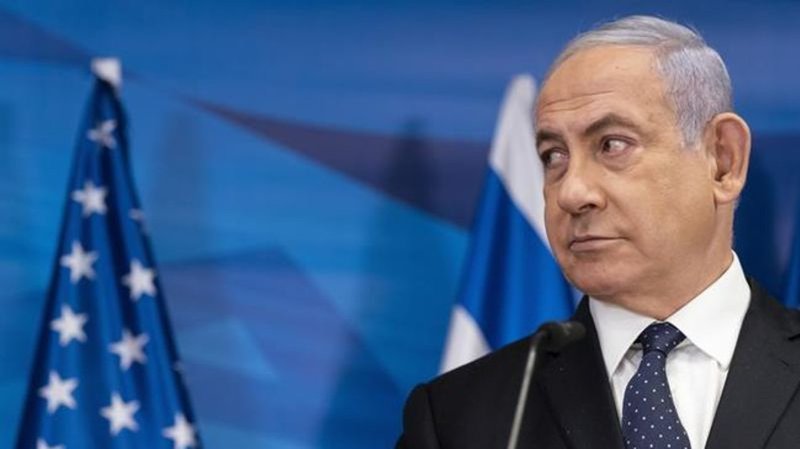
Netanyahu rival seeks unity deal with his opponents
JERUSALEM (AP) — The leader of a small hard-line party says he will try to form a unity government with Prime Minister Benjamin Netanyahu’s opponents.
Sunday’s announcement by Yamina Party leader Naftali Bennett is a key step toward ending Netanyahu’s 12-year rule.
In a nationally televised news conference, Bennett said he would work to form a unity government with opposition Yair Lapid.
“It’s my intention to do my utmost in order to form a national unity government along with my friend Yair Lapid, so that, God willing, together we can save the country from a tailspin and return Israel to its course,” Bennett said.


